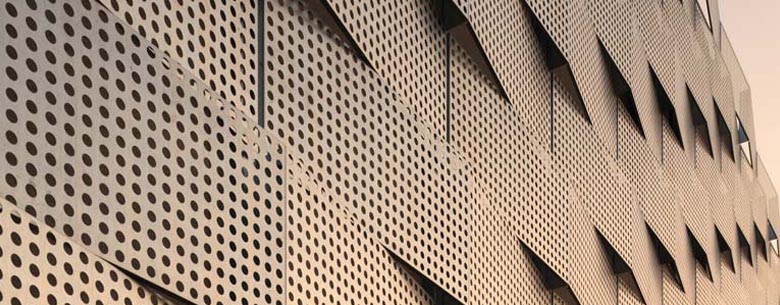The Importance of Soundproof Barriers Enhancing Peace in Urban Environments
As urban areas continue to grow, the challenges posed by noise pollution are becoming increasingly pronounced. The relentless clamor of traffic, construction, and social activities can significantly affect the quality of life for residents in densely populated regions. One effective solution to mitigate this issue is the implementation of soundproof barriers.
Soundproof barriers, often constructed from concrete, wood, or specially designed acoustic materials, serve as physical partitions that block and absorb sound waves. These structures play a vital role in creating a more peaceful environment by reducing noise transmission from external sources. They are commonly used in various settings, from highways flanked by residential neighborhoods to commercial areas and industrial sites.
The primary function of soundproof barriers is to diminish the intensity of noise that reaches sensitive areas. For instance, homes situated near busy roads or railways can experience constant disturbances. By erecting soundproof barriers, property owners can significantly lower the decibel levels that infiltrate their living spaces. Research has shown that properly designed barriers can reduce noise levels by up to 50%, transforming an overly noisy environment into a more tranquil one.
Apart from their functional attributes, soundproof barriers also offer aesthetic benefits. Modern designs can seamlessly integrate with the landscape, incorporating natural elements or vibrant colors to enhance the visual appeal of an area. For example, some barriers are designed with vertical gardens or artistic murals, allowing them to serve a dual purpose as both noise reduction mechanisms and attractive public art installations. This innovative approach not only helps to mask unsightly views, but also promotes community engagement and pride.
soundproof barrier

Moreover, soundproof barriers contribute positively to public health. Prolonged exposure to high levels of noise pollution has been linked to various health issues, including stress, sleep disturbances, and cardiovascular problems. By minimizing noise pollution, these barriers create healthier living conditions, leading to improved mental well-being and overall quality of life. This is particularly crucial for vulnerable populations, such as children and the elderly, who can experience amplified effects from constant noise exposure.
In addition to their traditional applications, soundproof barriers are increasingly being adopted in new and innovative contexts. With the rise of mixed-use developments that combine residential, commercial, and recreational spaces, the need for effective noise control measures has become essential. Soundproof barriers can delineate these spaces, allowing for a harmonious coexistence of diverse activities while maintaining comfort for residents.
Furthermore, the issue of sustainability is becoming increasingly important in the construction of soundproof barriers. Many modern barriers are being manufactured using recycled or eco-friendly materials, aligning with global efforts to promote sustainability. This not only addresses environmental concerns but also represents a commitment to creating healthier urban spaces.
In conclusion, soundproof barriers are a crucial component in the ongoing battle against noise pollution in urban environments. They provide a practical solution to enhance tranquility, improve health, and beautify spaces. As cities continue to expand and evolve, the thoughtful implementation of soundproof barriers will be essential in safeguarding the well-being of their residents, ensuring that growth does not come at the expense of peace and quality of life. Through innovative designs and sustainable practices, these structures can transform cities into more livable and harmonious places for all.
-
The Strength and Versatility of Aluminum Expanded Metal Mesh
NewsJun.10,2025
-
Safety Guards and Machine Enclosures Using Expanded Mesh
NewsJun.10,2025
-
Performance with Round Hole Perforated Mesh in Wall Panels
NewsJun.10,2025
-
How Steel Grating Trench Covers Distribute Weight Efficiently
NewsJun.10,2025
-
How Deck Mesh Railing Enhances Backyard Aesthetics
NewsJun.10,2025
-
Comparing Bar Thickness and Spacing in Steel Grating
NewsJun.10,2025
Subscribe now!
Stay up to date with the latest on Fry Steeland industry news.

